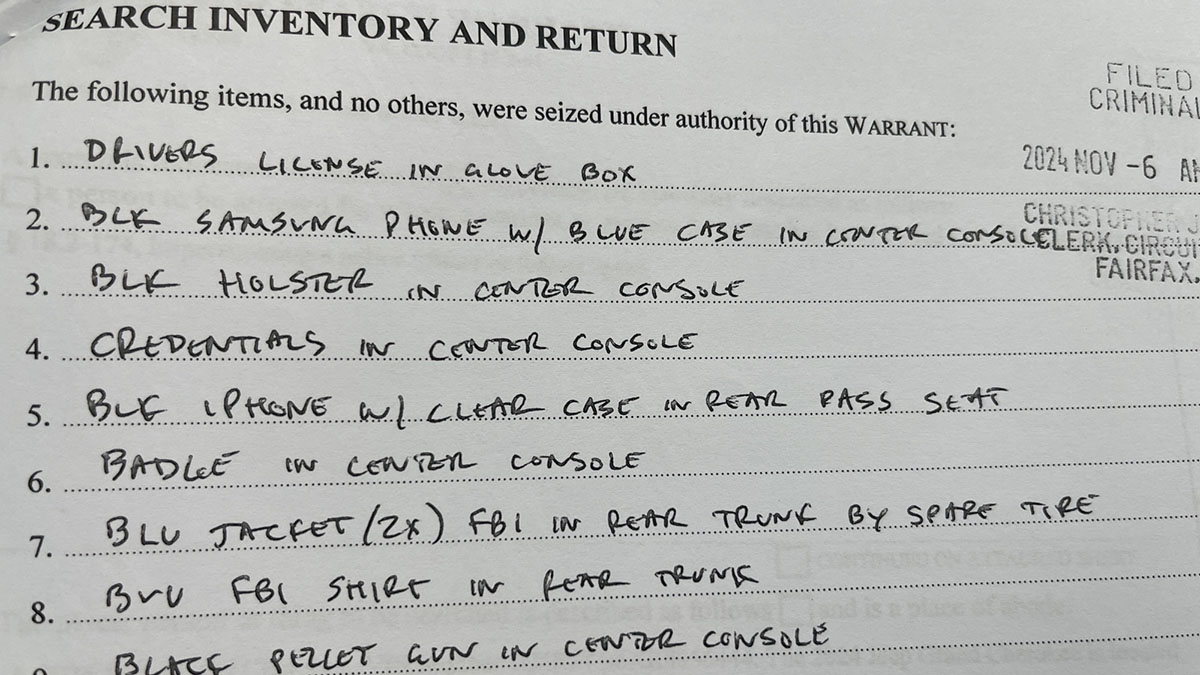A U.S. Senate committee advanced seven judicial nominees for D.C. Superior Court on Wednesday, a critical step at a time the court’s bench is facing steep vacancies and criticism for a growing backlog of criminal cases.
But Senate leaders haven’t yet indicated when, or if, the nominees could receive a final vote on the Senate floor. All seven were this close last year but never got the needed approval. Requests for information submitted to Majority Leader Chuck Schumer’s office were not immediately returned.
Meanwhile, 19% of the Superior Court’s judgeships – totaling 12 positions – remain vacant.
The District’s Superior Court hears civil, criminal, family, local tax and probate cases. According to the court’s most recent annual report, 31,965 cases were pending as of Dec. 31, 2022. If the courts were completely staffed, each judge would handle 516 cases. Due to the vacancies, each judge must handle an additional 124 cases on average due to the vacancies.
We've got the news you need to know to start your day. Sign up for the First & 4Most morning newsletter — delivered to your inbox daily. Sign up here.
A document obtained by the News4 I-Team from the courts indicates the vacancies contribute to an unsustainable workload amid what the document calls an “exponential increase in violent crimes in the District, involving both juveniles and adults.”
“These increases mean there are more cases coming in that must be heard within statutorily mandated time frames, by substantially fewer judges than is sustainable,” the unsigned document continues. “As a practical matter, ever-increasing caseloads paired with an insufficient number of judges, results in delayed justice. While judges work tirelessly to manage assignments, these bloated caseloads inevitably prolong the scheduling of trials and hearings, meaning the public simply must wait longer to have their day in court and their disputes resolved.”
As he urged colleagues to approve the nominations of seven judicial nominees, Homeland Security Committee Chair Gary Peters, D-Mich., said the “extensive vacancies … are straining the court, which handles some of the highest caseloads in the country and plays an important role in public safety all across our nation’s capital.”
Local
Washington, D.C., Maryland and Virginia local news, events and information
All seven passed through committee, but each had some Republican opposition.
Kentucky Sen. Rand Paul, who serves as the top Republican on the committee, was among the GOP members who voted against many of the nominees. His office did not return an I-Team request for an explanation, nor did he offer one during the portion of the committee meeting streamed online.
The nominees -- Tanya Jones Bosier, Danny Nguyen, Adrienne Noti, Kenechukwu Okocha, Katherine Oler, Judith Pipe and Charles Willoughby – will now wait to see if they receive a final vote. After their first nominations stalled last year, Senate rules sent the nominations back to the White House for reconsideration. President Joe Biden sent them back to the Senate in early January.
The I-Team asked the office of Schumer, who decides when nominations advance to a Senate floor vote. Two requests for an explanation of why there was no vote last year or if there is expectation of one this year have gone unanswered.
News4 sends breaking news stories by email. Go here to sign up to get breaking news alerts in your inbox.



